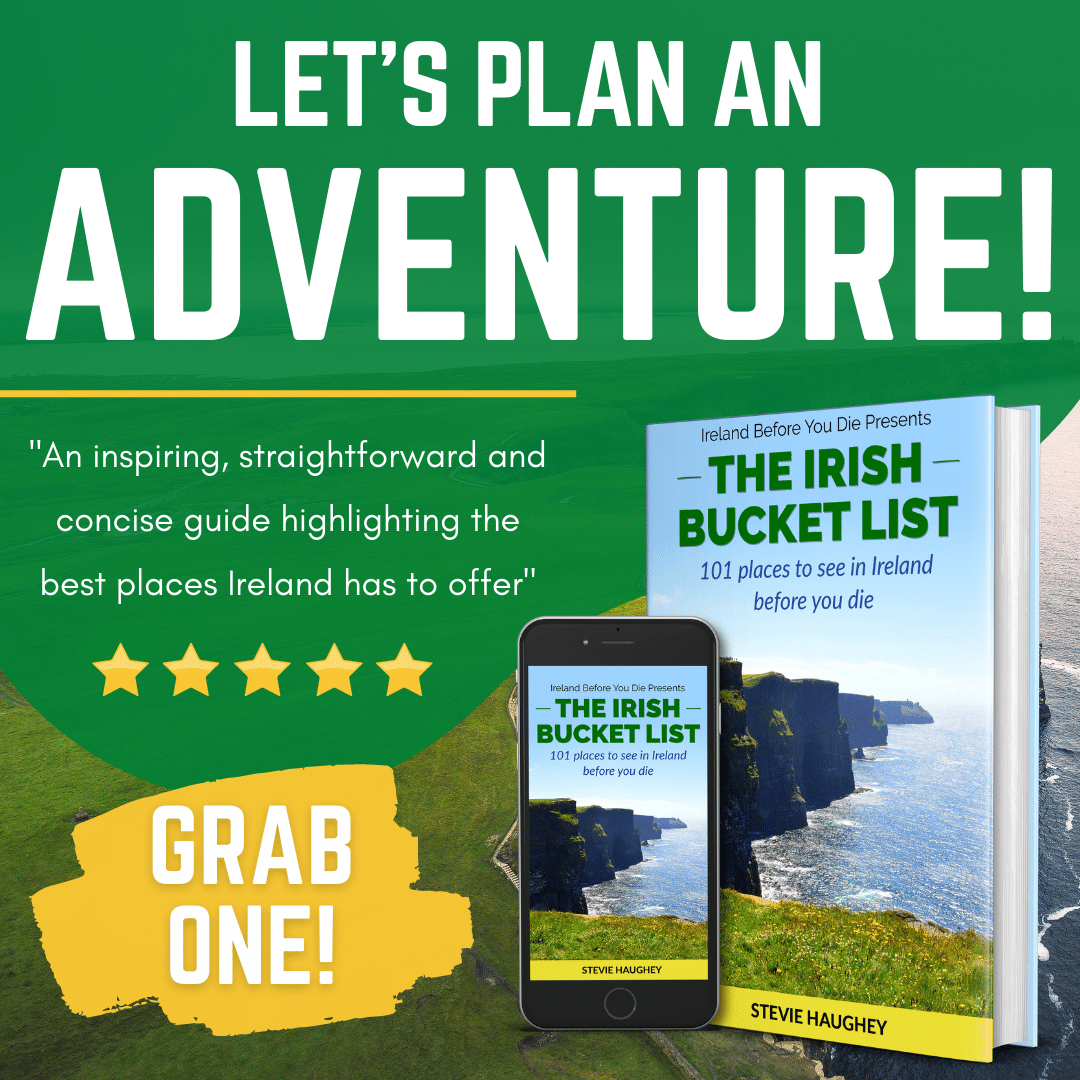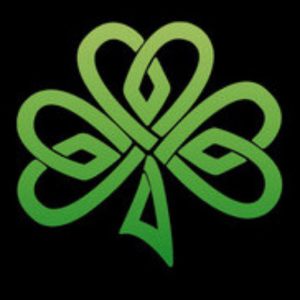Although English is widely spoken across the Emerald Isle, there are plenty of variations that would make you believe it’s a different language. Here is how to speak the Irish version of English.

In Ireland, two languages are prominent. Irish (or Gaelic) and English.
The Irish version of English is much different to Oxford-style English, and even people from England find it hard to understand the Irish because of their strong accents and strange phrases.
Here is a list of words and phrases in alphabetical order to fill in some gaps and help you understand how to speak the Irish version of English.
Acting the maggot – playing around

If you’re wondering how to speak the Irish version of English, our first piece of advice would be not to take anything too literally.
You will hear phrases like “acting the maggot” frequently when in Ireland. It does not, in fact, mean that you are acting like a creepy crawly. It just means you’re fooling around or messing about.
Ages – long time
When an Irish person says something is “taking ages”, they mean it is taking a long time.
Any use? – any good?
When an Irish person wants to know if something is good or not, they will ask if it’s “any use”.
Arse – backside
One of the most commonly used words in Ireland, “arse” is slang for backside.
Arseways – complete mess
If an Irish person wants to tell you that something is a complete mess, they will often use the word “arseways”. For example, “I did it all arseways”.
Artist – a person getting social security
When referring to someone on benefits or drawing the dole, an Irish person may call them an “artist”.
Babby – little child or baby
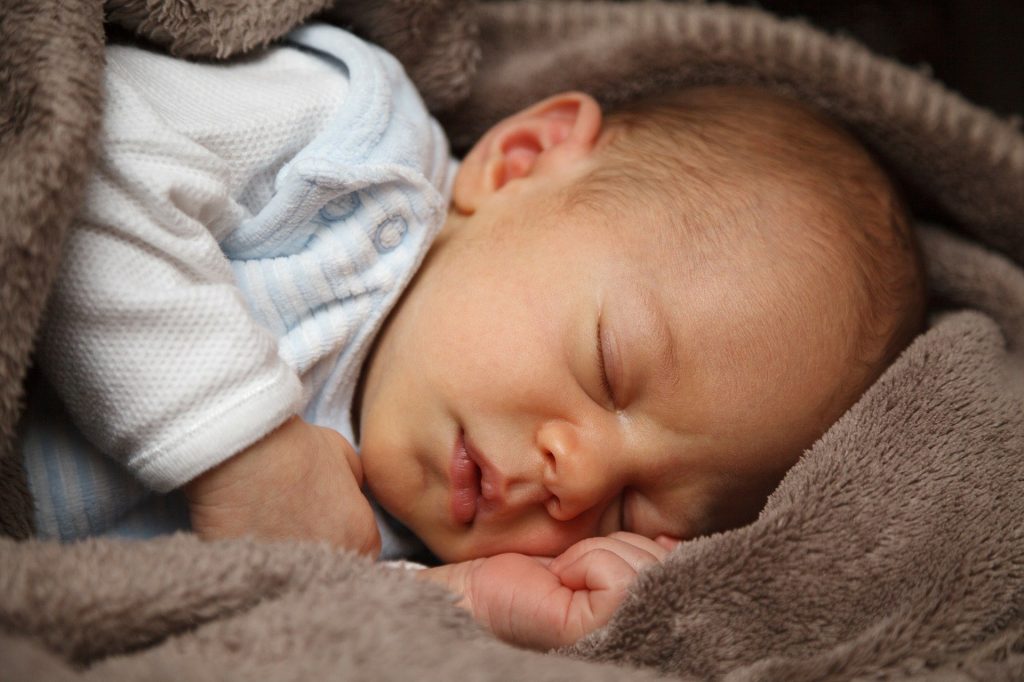
If you want to learn how to speak the Irish version of English, then you need to brush up on words like “babby”.
Bad dose – bad illness
For example, if someone says they have a “bad dose” of the cold, it means they’ve got a bad cold.
Bag of Taytos – packet of potato chips/crisps
Forget the American/English argument over whether they’re called chips or crisps. In Ireland, there is only one word for the tasty potato snack, and that is Taytos.
Bags – bad, messy job (see hames)
To refer to a bad job done, an Irish person might say “bags”.
Banjaxed – broken, useless, tired
When something is broken or done, an Irish person may say it’s “banjaxed”.
Barmbrack – Halloween cake
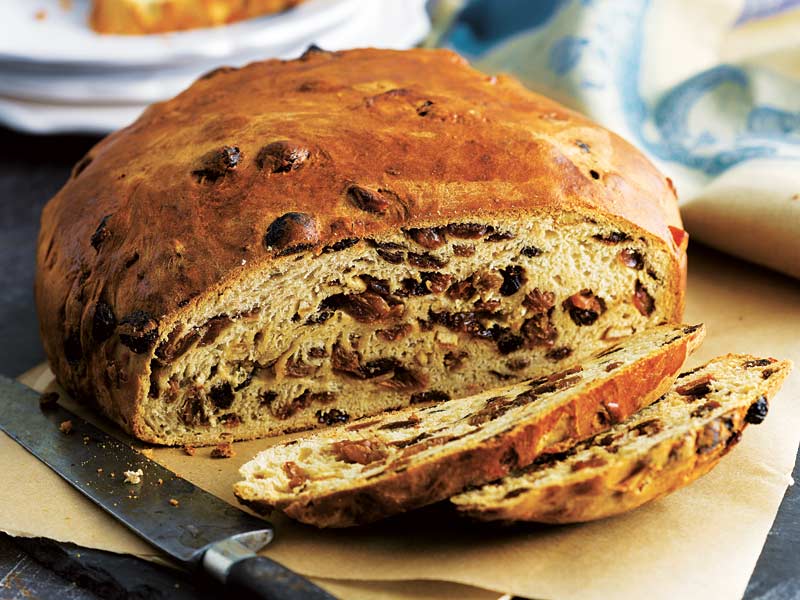
Irish people love a barmbrack.
Belt – hit, assault
For example: “He was belt on Saturday night!”
Be wide – be careful
Your mammy might say this to you before you go out.
Bird – girl, girlfriend
“Bird” is often used to refer to a girl or girlfriend.
Black – crowded
A crowded place may be referred to as “black”.
Blackguard – a person that is doing no good
Someone that’s up to no good may be called a “blackguard”.
Black Stuff – Guinness

Ireland’s favourite drink!
Blather – talk
We all know someone who “blathers” on.
Bloody – used mostly for strengthening an adjective
We love adding this to sentences for a bit of emphasis.
Bog – toilet, restroom
You will hear this all the time in Ireland.
Bog – country area/piece of land that once was a lake
Don’t get this confused with the one above.
Bogey – snot
In Ireland, a snot is called “a bogey”.
Bogtrotter – country person
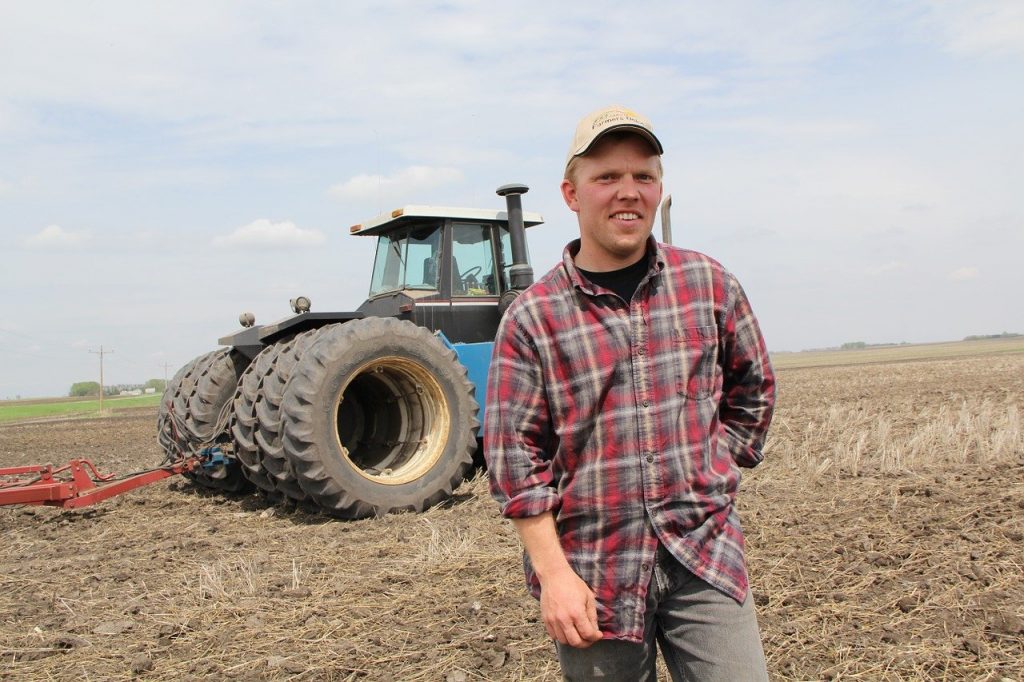
There’s a big divide between people in the city (Dublin) and people in the country (everywhere else in Ireland, according to Dubliners).
Bold – naughty
You probably heard this a lot as a kid if you grew up in Ireland.
Bollocks – stupid/somebody one doesn’t like
Being called a “bollocks” is not a compliment.
Bolloxed – very drunk
One of the many, many words for being drunk in Ireland.
Bolt – run fast
For example, “He bolted out of there so quick, we didn’t even see him go!”
Boozer – pub

Irish people’s favourite place!
Bothrin – narrow lane or road
There are plenty of these in Ireland.
Bouzzie, Bowsie – young good-for-nothing person
A young good-for-nothing person may be referred to as a “bowsie”.
Boxin’ the fox – robbing an orchard
If you’re stealing apples, someone may accuse you of “boxin’ the fox”.
Boyo – a young person
Boy with an added o for emphasis.
Brasser – prostitute
In Ireland, a prostitute may be referred to as a “brasser”.
Brutal – terrible
Something in Ireland that is terrible will be called “brutal”.
Bucketing – raining heavily

This happens a lot in Ireland.
Bushed – very tired
If someone’s tired, they may say they’re “bushed”.
Business – excrete
The ultimate modest innuendo.
Carry-on – argument/noise
If you want to learn how to speak the Irish version of English, you need to use phrases like “carry-on”.
Cake-hole – mouth
Well, where do you put cake?
Cha – tea
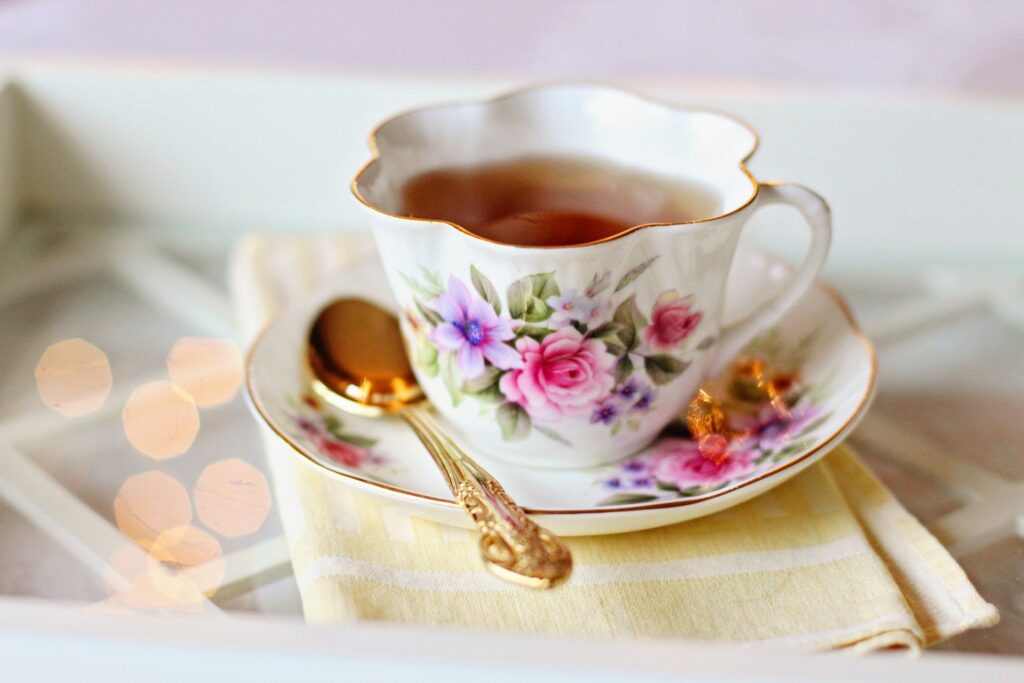
This is more of an accent thing than anything else, really.
Chancer – dodgy/risky character
Someone taking a risk or chance may be referred to as a “chancer”.
Cheek – disrespect/talkback
Someone showing disrespect will show “cheek”.
Cheesed off – angry/annoyed
If you’re annoyed, you may be “cheesed off” in Ireland.
Chinwag – a chat
For example: “Awk, I had a good chinwag with Jim at the pub on Friday.”
Chipper – fish and chip shop

The best Friday night tea.
Chiseller – young child
A young child may be referred to as a “chiseller”.
Chronic – terrible or awful
If we don’t say “brutal”, we might say “chronic”.
Class – great
Michelle from Derry Girls uses this one a lot.
Clatter – slap
“Clatter” means slap in Ireland.
Cod – (to) joke
To “cod” about means to have a joke.
Colcannon – mashed potatoes and cabbage or kale

A popular dinner dish in Ireland.
Cop on! – don’t be so stupid!
“Cop on!” is the Irish equivalent of telling someone to wise up.
Cooker – stove
Well, what does it do? It cooks our food.
Covers – blankets
For example, “I need to put the covers on; it’s getting cold.”
Craic (pronounced crack) – fun time
One of our all-time favourite words.
Crisps – potato chips

If you ask for “chips” in Ireland, expect something closer to French Fries.
Culchie – a city dweller’s name for a country person
Or anyone who lives outside Dublin, according to Dubliners.
Cute hoor – untrustworthy/sly person
An untrustworthy person may be called a “cute hoor”.
Da – father
It’s just easier to say.
Deadly – cool, great
Something cool may be called “deadly”.
Dear – expensive
If something is “dear”, then it’s expensive.
Delph – crockery, cups, saucers etc

“Delphware” or “delph” refers to crockery.
Desperate – terrible
Yet another word for something bad.
Diabolical – really terrible
This is only used if something is really bad.
Diddies – breasts
We love an innuendo.
Divil – devil
Another one that is more to do with our accent than anything.
Dodder – waste time
If you’re trying to understand how to speak the Irish version of English, then you need to use words like “dodder”.
Dodgy – suspect/mechanically impaired

For example, “Oh, that car’s a bit dodgy; don’t know if I’d drive that.”
Donkey’s years – a long time
If you haven’t seen someone in a long time, you might say that it’s been “donkey’s years”.
Dope – idiot
For example, “Oh, he’s a dope!”
On the doss – playing truant
If someone’s playing truant, they may be said to be “on the doss”.
Dosser – lazy person
A lazy person may be called a “dosser”.
Dote – cute person, usually a baby
For example, “Awk, look at the wee dote.”
Drawers – underwear, usually ladies

Underwear is often called “drawers”.
Dry shite – boring person
A “dry shite” is a boring person.
Dummy – pacifier
You will never hear an Irish person calling it a pacifier.
(Taking a) Dump – excrete
If an Irish person says they’re going to “take a dump”, they’re going to the toilet.
Eat the head off – attack verbally
For example, “My teacher ate the head off me for forgetting my homework.”
Eejit – idiot
We love using this word in Ireland.
F-word – used freely, mostly for strengthening an adjective
You’ll hear this a lot.
Fag – cigarette

The Irish will often call a cigarette a “fag”.
Fair play – well done!
We use this all the time, often when we don’t know what else to say.
Feck – used instead of the other F word
A softer version of the more harsh swear. Commonly used in Father Ted.
Fella – male person, also used for boyfriend
For example, “Have you met Erin’s fella?”
Fib – a lie
Most often a harmless lie.
Fifty – stood-up (I got a fifty)
No one wants to get a fifty.
Fine thing/fine bit of stuff – attractive/good looking person
A compliment in Ireland.
Fla/Flah – attractive/good looking person
Another compliment in Ireland.
Flah’ed out – very tired

If someone’s “flah’ed out”, then they’re very tired.
Flicks – movies
Often movies targeted towards women.
Flitters – in tatters, shabby
If something is “flitters”, it’s not in good shape.
Fluthered – very drunk
Yet another word for drunk.
Follier-upper – a serial
Have you seen the latest “follier-upper”?
Foostering – wasting time
If someone’s “foostering”, then they’re wasting time.
Fry – fried breakfast (sausage, bacon, eggs and black or white pudding)

The best start to the day.
Full shilling – mentally competent
Most often used to say, “He’s not the full shilling.”
Gaff – house
For example, “Fancy coming to my gaff later?”
Gas – funny
If something is “gas”, then it’s funny.
Gawk – stare
If someone is “gawking”, they’re staring.
Gee-eyed – very drunk
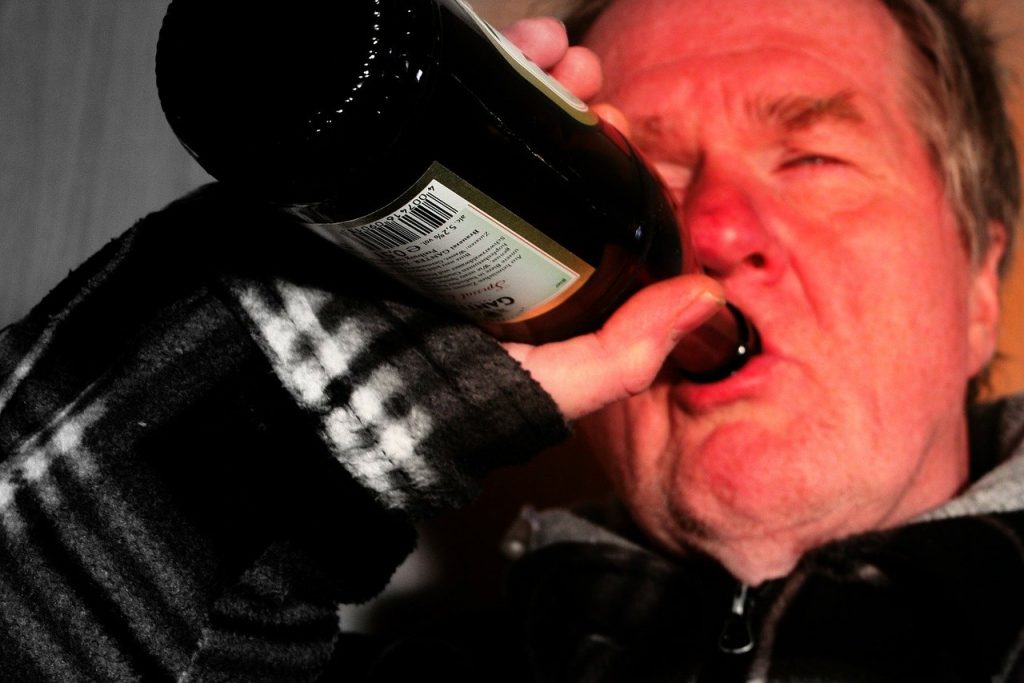
Yet another word for drunk.
Get off with (someone) – make out, kiss
If you “get off with” someone, then you made out with or kissed them.
Gift – superb
For example, “Aye, that’s a gift!”
Git – horrible person
“Git” is used to describe someone annoying or not very nice.
Give out – scold
For example, “Me ma was giving out at me because I was home late.”
Gob – mouth
For example, “Shut your gob!”
Gobdaw or gobshite – idiot
If you’re calling someone an idiot, you may call them a “gobdaw” or “gobshite”.
Gobsmacked – very surprised

For example, “OMG! I’m gobsmacked about that!”
Go-car – baby’s pushchair
When it comes to learning how to speak the Irish version of English, you need to use words like “go-car”.
Gollier – a big, fat spit of phlegm
A “gollier” is a big, fat spit of phlegm.
Gone in the head – mad, crazy
If someone is “gone in the head”, then they’ve gone mad.
Go way outta that! – indicating scepticism
Something like, “I don’t believe it.”
Gowl – idiot
Another word to call someone an idiot.
Grand – fine, lovely
We use this far too often.
Guard – policeman

The guards are Ireland’s police.
Gurrier – hooligan
A “gurrier” is a hooligan.
Gut – stomach
We use this one all the time.
Hames – mess
If something’s a mess, we’ll call it “hames”.
Hammered – very drunk
Yet another one for drunk.
Hard neck – lack of respect
If someone is described as a “hard neck”, it means they show a lack of respect.
Hardchaw, Hardman – rough, tough person

A rough person who goes around acting like they’re Conor McGregor.
Header – mad, crazy person
If someone’s crazy, they may be called a “header”.
Head the ball – idiotic person
Similar to the above.
Heel – the first or last slice of a loaf of bread
Not even the heel goes to waste in an Irish house.
Hickey – a love bite
Used commonly among Irish teens.
High babies – senior infants’ school

When you’re kids are starting to grow up, they’ll go to the “high babies”.
Holliers – holidays/vacations
For example, “I’m off on me holliers”.
Holy show – embarrassing exhibition
If something embarrassing happens and everyone sees, it’ll be called a “holy show”.
Hooley – party/celebration
A party may be called a “hooley”.
Hoor – prostitute
A derogatory term.
Hop – playing truant from school
For example, “Think I’m gonna hop tomorrow.”
Horse’s hoof – embellished story
We all know someone who tells a “horse’s hoof”.
Hot press – drying cupboard

You’ll never hear us call it a “drying cupboard” in Ireland.
Howya – hello/salutation
A contraction of “how are you?”
(The) Hump – sulking
If someone’s got “the hump”, they’re in a bad mood.
Hump off – go away, leave me alone
If someone tells you to “hump off”, they want you to leave them alone.
I will in me ring or I will yeah – I will not!
The Irish are fond of the auld sarcasm, so, depending on our tone, agreeing to something may actually mean something along the lines of “No, that will never happen!”
I am in me wick – I am not!
Same as the above.
Jackeen – a country person’s name for somebody that lives in Dublin

It works both ways, say the culchies.
Jacks – toilet, restroom
For example, “I gotta go to the Jacks.”
Jaded – fatigued/very tired
If someone says they’re “jaded”, they may mean they’re very tired.
Jammers – very crowded, busy
If somewhere is very busy, it may be described as “jammers”.
Jammy – lucky

If someone seems to have disproportionate luck, they may be called “jammy”.
Janey Mack! – gosh
An exclamation commonly used in Ireland.
Jar – a pint
For example, “I’m away out for a jar!”
Jaysus! – Jesus
Used more as an exclamation rather than referring to the man.
Juicy – pretty
If you describe something or someone as “juicy”, it means pretty.
(To have a) Kip – short siesta, rest
For example, “I’m knackered. I’m away for a kip.”
Knackered – fatigued or very tired
See above.
Knick-knacking – ringing a doorbell and running away

A common game among Irish children.
Knobs – breasts
We love an innuendo.
Knockers – breasts
Yet again.
Langers/langered – drunk
Yet another word for drink.
Lashing – raining heavily
It’s “lashing” most days of the year in Ireland.
Lay off – leave me alone, stop it
If someone tells you to “lay off”, they want you to leave them alone.
Legging (it) – running fast

For example, “He was legging it out of there.”
Letting on – pretending
A child who doesn’t want to go to school might be “letting on” that they’re sick.
(The) Local – the nearest pub
For example, “I’m off to the local.”
Locked – very drunk
Yet again: drunk.
Lolly/ice lolly – popsicle

The perfect treat for a hot day.
Low babies – junior infants’ school
Where the kids go before high babies.
Ma – mother
It’s just easier to say.
Maggot – fool
For example, “Stop acting the maggot” means, “stop fooling around!”
Manky – very dirty
If something is dirty, you might call it “manky”.
Mary hick – old-fashioned female
An old-fashioned female may be called a “Mary hick”.
Mentaller – crazy person
A crazy person may be called a “mentaller”.
Me auld segotia or me auld flower – terms of endearment

Commonly used to refer to a husband or wife.
Messages – shopping, groceries, errands
No doubt your parents said they were going on “messages” when you were growing up.
Messing – playing around
If someone is “messing”, they are playing around.
Milling – fighting
“Milling” means fighting.
Mitch – bunk school
To skip a day at school is to “mitch”.
Mortified – embarrassed

We have a lot of words for embarrassed in Ireland.
Mot – girlfriend
If you want to learn how to speak the Irish version of English, you need to learn words like mot.
Motherless – drunk
Yet again: drunk.
Mouldy – drunk/rotten
And again.
Murder – difficult
For example, “Ah, that exam was murder!”
Mushies – magic mushrooms

A shortened name.
Nappy – diaper
No one in Ireland says diaper.
Nickser, Nixer – a job done with no tax paid on wages
Often referring to jobs where the work was done for cash.
Nip – nude
If someone says they’re “in the nip”, then they’re naked.
Odds – loose change
People in Ireland refer to loose change as “odds”.
Off the drink – abstaining from drinking alcohol

This never lasts long.
Off your nut – mad, crazy
This list would have you think there’s a lot of mad people in Ireland.
Ole lady/ole wan – mother
A term of endearment for your mother.
Ole man/ole fella – father
A term of endearment for your father.
On the never-never – on hire purchase
If someone says they made a purchase “on the never-never”, they mean on hire purchase.
Ossified – drunk
Drunk, again.
Paralytic – very drunk

Yet again.
Perishing – freezing
Most of the time in Ireland.
Pictures – movies or cinema
If someone invited you to the “pictures”, they’re inviting you to the cinema.
Piss in the beds – dandelions

Maybe this is due to their yellow colour.
Pissed off – angry/annoyed
If someone is “pissed off”, they’re angry or annoyed.
Piss up – a night of big drinking
Usually after a big celebration like a wedding or graduation.
Plastered – very drunk
Another word for drunk.
Plonker – idiot
An idiot in Ireland may be called a “plonker”.
Polluted – very drunk
Again, drunk.
Poteen/Poitin – Irish spirit/drink

Not for the faint-hearted.
Pram – stroller/pushchair
Parents will push their baby in a “pram”.
Press – closet, cupboard
We put our clothes in the “press”.
Puck – a slap in the face
A “puck” is a slap in the face.
Pull your socks up – get to work/get busy
If someone tells you to “pull your socks up”, they’re telling you to get to work.
Puss face – bad-tempered person
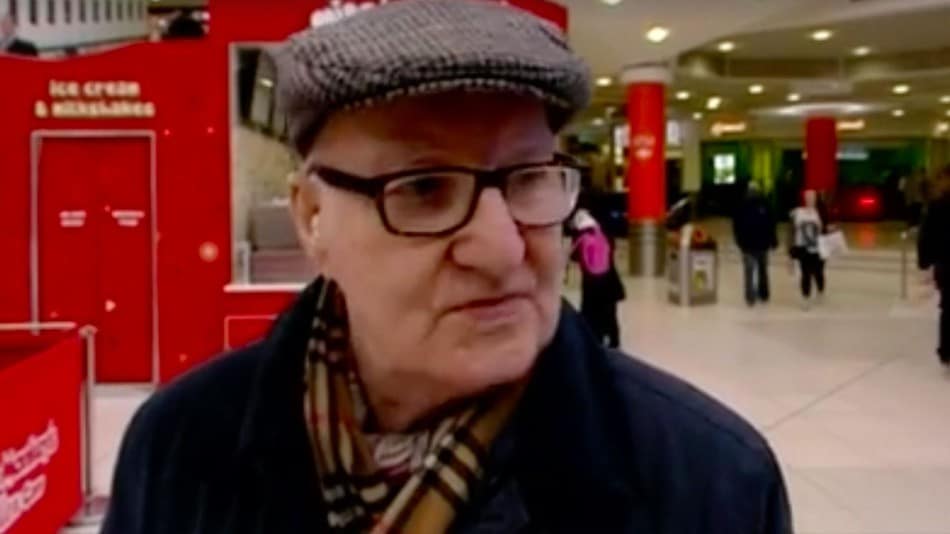
A bad-tempered person may be described as a “puss face”.
Queer hawk – peculiar person
“Queer hawk” may describe someone who is peculiar.
Rapid – amazing
Something “rapid” is amazing.
Rashers – bacon slices
“Rashers” refers to bacon slices.
Reddener – blush
If you’re “mortified”, you might get a “reddener”.
Red neck – a country person

When not described as a “culchie”, a country person may be called a “red neck”.
Reef – beat up
If you “reef” someone, you beat them up.
Ride – an attractive person, to have intercourse
Another favourite of Michelle from Derry Girls.
Root – look for
Your ma might “root” around in her bag looking for her keys.
Rosie Lee – tea
A bit like Cockney rhyming slang.
Rubber – eraser

An eraser is known as a “rubber” in Ireland.
Ructions – loud arguing or commotion
Loud arguing or commotion is called “ructions” in Ireland.
Runners – trainers, everyday sports shoes
Irish people refer to their trainers as “runners”.
Runs – diarrhoea
If someone says they’ve got the “runs”, it means they’ve got diarrhoea.
Sap – weak/fragile person
A weak or fragile person may be referred to as a “sap”.
Scab – a person who constantly borrows
The word that is commonly used to refer tothe hard outer part of a healed wound has a different meaning in Ireland.
Someone in Ireland may be referred to as a ‘scab’ if they’re constantly borrowing.
Scallion – spring onion

Used in lots of Irish recipes.
Scalped – to get a short haircut
If you get a short haircut, your friends might say you got “scalped”.
Scanger – ignorant female
An ignorant female is sometimes called a “scanger”.
Scarlet – blushing
Similar to “reddener”.
Scatter – run away from something

Kids often “scatter” when an adult comes along while they’re doing something they shouldn’t.
Scram! – go away!
What the aforementioned adult might say when they find the kids doing something they shouldn’t.
Scratch – social security, dole
“Scratch” means social security or dole.
Scratcher – bed

For example, “Get out of your scratcher!”
Scrawbed – scratched by fingernails
If someone says they were “scrawbed”, they mean they were scratched by fingernails.
Scrubber – female of low morals
You might refer to a female of low morals as a “scrubber”.
Scutters – diarrhoea
If you’ve got the “scutters”, you’ve got diarrhoea.
Shag – to have intercourse with
“Shag” is another Irish word for intercourse.
Shagged – fatigued/very tired

If someone says they’re “shagged”, they may mean they’re very tired.
Shattered – fatigued/very tired
Another word to say you’re very tired.
Shenanigans – different things going on
For example, “They’re getting up to all sorts of shenanigans.”
Shlossed – very drunk
Yet another Irish word for drunk.
Shook – pale, ill, scared
This word is used all the time in Ireland.
Shorts – liquor drinks (spirits), shots

If you want to know how to speak the Irish version of English, then you need to learn words like “shorts”.
Shower of savages – a riotous crowd
You might describe a riotous crowd as a “shower of savages”.
Slagging – making fun of someone
If you’re “slagging” someone, you’re making fun of them.
Slapper – female of low morals
A “slapper” is used for a female of low morals.
Slash – urinate
“Slash” means to urinate.
Sleeveen – sly person
A sly person may be described as a “sleeveen”.
Snapper – child, baby
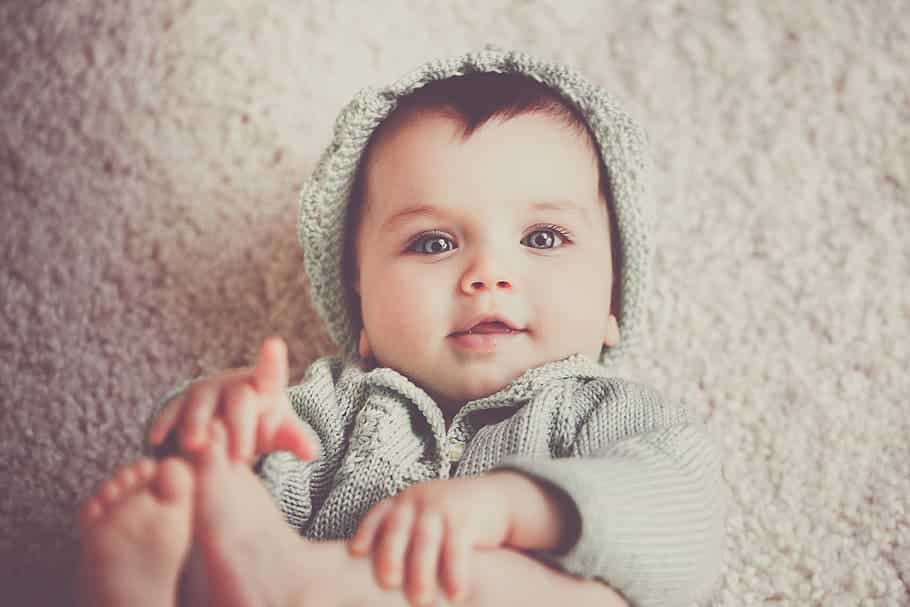
Some Irish people call a child or a baby a “snapper”.
Snobby Weather! – ignoring me?
“Snobby weather” means “are you ignoring me?”
Snog or shift – to make out, kiss
“Snog” or “shift” are common words to describe making out.
Snug – pub booth (usually fitting only 3/4 people)
A pub booth is sometimes known as a “snug”.
Sound – really nice
If you describe someone as “sound”, it means they’re nice.
Specky four-eyes – a person who wears glasses (child’s nickname)
Children use “specky four-eyes” to describe someone wearing glasses.
Spuds – potatoes
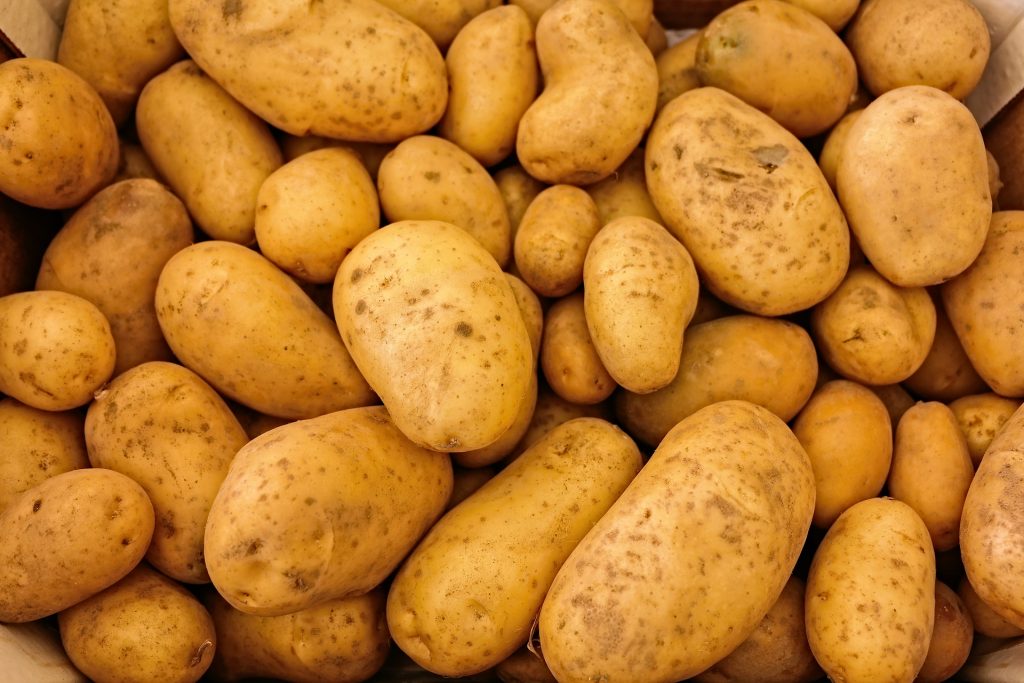
Ireland’s national dish.
Squealer – a person who tells stories to get another in trouble
No one likes a “squealer”.
Stop the lights! – really?!
A shocked exclamation.
Stocious – very drunk
Another word to describe being very drunk.
Strand – beach

For example, “Sun’s out. I’m heading to the strand.”
Suckin’ diesel – having a good time
Often heard in the country.
Sweets – candy
Who doesn’t love sweets?
Thick – stupid/unintelligent
Irish people use the word “thick” to describe someone as stupid.
Throwing shapes – showing off
If someone is “throwing shapes”, it means they’re showing off.
Tip – unclean, messy place

If somewhere is described as a “tip”, it means it’s messy.
Tool – idiot
An idiot might be called a “tool”.
Trap – mouth
For example, “Close your trap!”
Twisted – very drunk
Another word for drunk.
Twistin’ hay – means you’re starting trouble, usually in a playful way
Someone starting trouble in a playful way might be said to be “twistin’ hay”.
Up the pole – pregnant

If someone’s pregnant, you may hear it said that they’re “up the pole”.
Up the yard! – go away!
For example, “Away up the yard”.
Up to ninety – near boiling point, ready to explode
Could also mean stressed.
Wagon – ugly female
Not a compliment.
Wanker – a person you don’t like
Again, not a compliment.
Wet the tea – make tea

If someone asks you to make tea, they might say, “wet the tea”.
Whist – keep quiet
For example, “Houl yer whist”. This is an important phrase when it comes to speaking the Irish version of English.
Wrecked – tired
If someone says they’re “wrecked”, they mean they’re “very tired”.
Y-Fronts – men’s briefs
You might call men’s briefs “Y-Fronts”.
Yoke – a word used to name something instead of its proper name.

For example, “pass me that yoke” (pass me that hammer/remote/cup/whatever you want really).
Yonks – a long time
For example, “I haven’t seen him in yonks.”
(To get) Your hole – to have sexual intercourse
Another favourite of Michelle from Derry Girls.
So, now you should be an expert on how to speak the Irish version of English.
Watch a hilarious video of tourists in Dublin trying to say some common Irish phrases:
Find Your Dream Hotel in Ireland
On the hunt for the ultimate hotel for your Irish adventure? Explore a curated selection ranging from the charming heritage of boutique accommodations in Dublin's vibrant heart to the tranquil luxury of rural retreats and the captivating coastal vistas. Start your search below to find the perfect stay with our trusted hotel partner.

